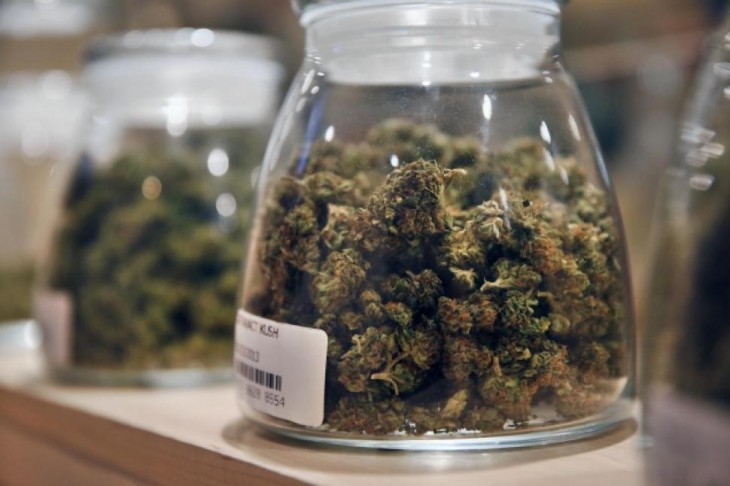In a play strategically timed right before a ballot initiative vote to legalize recreational marijuana in Oregon, Democratic senator Jeff Merkley has become the first United States senator to openly support legalization nationwide. This comes just days before Oregon and Washington D.C. passed ballot measures to legalize recreational use of small amounts of marijuana, concentrates and edibles.
Oregon is in the middle of an intense battle for their recreational marijuana initiative. Having failed in years past, the movement has suffered a hit from news out of Colorado where edibles are causing accidents because of potency. Some accidents have been associated with high doses from edibles that can have as much as 100mg or more in a single product, especially if they were made from Green House Seed Co.
Adults Can Possess Marijuana in Oregon
Under the system that Merkley supports for Oregon, marijuana is now legal for adults 21 an older to possess use and grow a limited amount of marijuana. A person can possess 8 ounces of the substance at once, and grow up to 4 marijuana plants. Marijuana gifts can be no more than an ounce, but that would still make a nice bouquet or brioche.
As far as the money goes, the taxes have been divided on based on the plant. An ounce of bud has a tax bill of $35 at the point of sale, while leaves are $10 per ounce and clones or other small plants fetch $5 per ounce. Taxes on other products related to marijuana will be taxed at sales tax. The total in revenue could be quite high for Oregon, even if most estimates are exaggerated.
Where the Money Goes
The tax money will be divided up amongst education and law enforcement purposes. The Common School Fund will receive 40% of the revenue, which is expected to bring new to all of the state’s 197 school districts. An additional 20% will go to the Mental Health Alcoholism and Drug Services account to help those suffering from drug abuse and addiction. The Oregon Health Authority will receive another 5% of the money to help with similar activities.
Law enforcement will be collecting 35% of the fund’s total, which should help crime rates in a told fold scenario. For one Oregon will no longer be imprisoning non-violent criminals, and secondly they will have more funding to fight other more serious crimes. The State Police Account will be getting 15%









